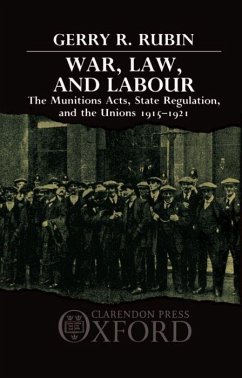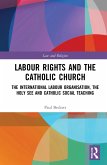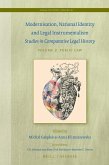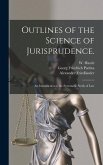This book examines the working of the Munition of War Acts 1915-1917, during the First World War. The munitions code, parts of which remained in force until 1921, appeared at first to constitute a radical break with the pre-war voluntarist system of industrial relations. It aimed to prevent strikes by law, it imposed wage controls and tighter factory discipline and discouraged munitions workers from leaving their jobs. Munitions tribunals were established to enforce the law. Using, among other sources, the evidence offered by the tribunal proceedings under the Acts, the author suggests that a policy of strict enforcement of the law was transformed to one of sensitive conflict management, involving trade unionists, employers, and the tribunal judges. The identification of complex working-class attitudes to the wartime state accounts largely for the creation of this modus vivendi, despite the controversial nature of the legislation. This book, though dealing with events which arose during wartime in an atmosphere of militarism, radicalism as well as patriotism, inflation and full employment, may nevertheless offer glimpses of insight to analysts of modern industrial relations.
This study of the connection between industrial relations and the law during and directly after the First World War reconstructs the tensions between the corporatist aspirations of the state officials who drafted and attempted to enforce the Munitions Act, and the efforts of organized labor to defend its sectional interests against this corporatist thrust. Rubin analyzes the unions' partial success in turning the Tribunal into a forum for collective bargaining.
This study of the connection between industrial relations and the law during and directly after the First World War reconstructs the tensions between the corporatist aspirations of the state officials who drafted and attempted to enforce the Munitions Act, and the efforts of organized labor to defend its sectional interests against this corporatist thrust. Rubin analyzes the unions' partial success in turning the Tribunal into a forum for collective bargaining.








